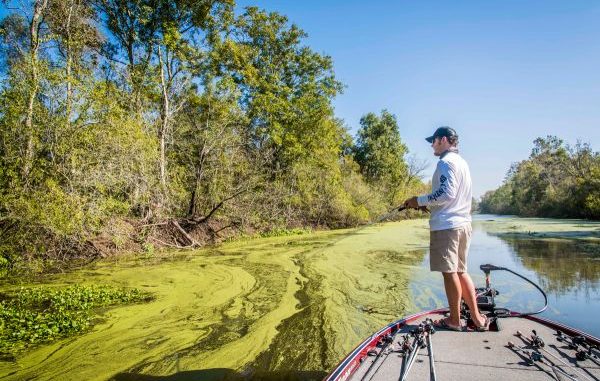
Be ready to fight for public access to our waters
Louisiana is known for a few things: food, its laissez-faire environment, and its swamps and marshes. Those aspects of life in the Bayou State have always been intertwined, as inseparable as red beans and rice.
But over the past 20 years, there is a growing list of waters in which you are not welcome. And there hasn’t been much that could be done about it because of current state laws.
Back in the late 1990s and early 2000s, I learned a lot about ownership of these waters, which can include marsh trenasses and ponds, privately dredged canals, and sometimes even coastal bays and bayous.
What I discovered was that the state’s laws aren’t really in favor of public access to much of what you and I have always considered to be “ours.” While other states like Florida and Mississippi do not allow private ownership of any tidal waters connected to their coasts, our esteemed legislators gave away the store following the 1988 U.S. Supreme Court decision in Phillips Petroleum vs. Mississippi, which asserted that all tidal waters are held in public trust.
When landowners began pushing the issue back in the late 1990s, Louisiana Sportsman was intimately involved in an effort to launch Restore Our Water Access, an advocacy group that would have lobbied the Legislature on behalf of the anglers of the state. Unfortunately, few seemed to care enough to join. The effort fell apart, and the water grab continued.
Fast forward to late 2015, when Troy Landry of “Swamp People” fame gated off a canal connected to Lake Verret. The move went viral on social media, and that led to formation of the Facebook group Louisiana Sportsmen Coalition and calls for state action to protect the right to fish any waters connected to our lakes, bayous, rivers and streams.
There is even talk of reviving ROWA to lobby the Legislature.
Honestly, it’s an uphill battle. But it’s one worth fighting. Remember that game fish status for redfish was once unthinkable, but anglers organized behind the Coastal Conservation Association and pushed until politicians listened.
If you value the right to fish all waters of this great state, you can no longer afford to sit on the sidelines. And that means you should be prepared to join any organization taking up the fight.
So watch for future announcements about how you can get involved. Be ready to pay membership fees to be used in lobbying efforts. Be prepared to call and email legislators — or, better yet, to walk into the Capitol for face time with your representatives.
Let’s not miss this opportunity for change because of apathy — again.


